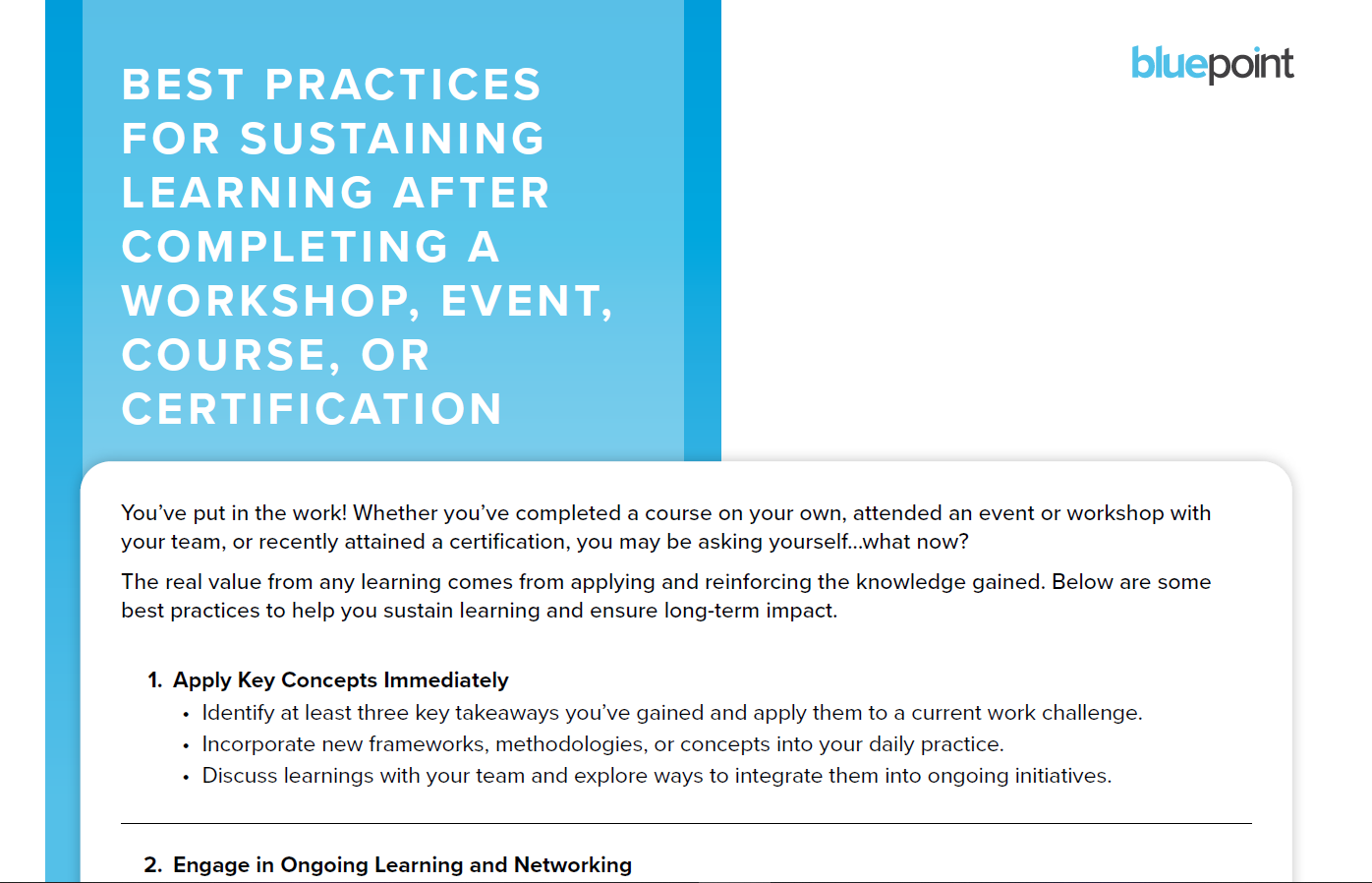Most leaders will readily agree that earning and keeping the trust of others is critical to their effectiveness as a leader. It is quite possibly the single most important prerequisite for leaders at all organization levels. Unfortunately, it can also be the most fragile. Recent events in the economy have spilled over into all business sectors and have shaken the confidence in organization leadership to the core.
To the leader, trust is not simply one more element on a long list of desired characteristics. It is more like the foundation that will support all your leadership efforts. If people do not trust you, everything else you do as a leader becomes inconsequential. Forget trying to be inspirational, coach-like, innovative, supportive, a team leader, or visionary. If you don’t have people’s trust, they may do what you tell them because you have positional authority, but you will not get the passionate engagement that is the result of true leadership.
So how high is your trust index these days? Here is a quick check up. Ask yourself the following four questions.
Do you think most people in your organization:
- Trust you?
- Trust you more or less now than they did a year ago?
- Have faith in you?
- Have more or less faith in you now than they did a year ago?
These are important questions. If you are uncertain about the answers, now might be a good time for a 360 assessment or to consciously ask for feedback.
It is likely that during the past year both your personal “trust brand” and your company’s “trust brand” have diminished. In a recession as serious as the one we are in now people tend to operate in a climate of personal fear, of which a consequence is an erosion of trust. This personal fear includes fear of loss of income, loss of position, loss of relationships and loss of security. Most of all, it includes fear of what the future is going to look like, and that is where you come in as a trusted leader. One definition of trust says that it is “confidence to guide them to a place and create hope”. If people cannot see a better tomorrow, they will naturally tend to trust in you less, even though on a personal level, you may not have changed.
Edelman, the world’s largest independent public relations firm published its tenth annual Edelman Trust Barometer. The results show that nearly two thirds of the people surveyed trust corporations less than they did a year ago, and only 17% said they would trust information from a company CEO (insert your name here if you are a senior leader!)
Most alarmingly of all, 77% of the people said they refused to buy products or services from companies they distrusted. That’s quite a sobering thought for anyone, whether you operate in a business to business organization or one that directly serves the consumer.
So what steps can you take to actively try to recover the trust that has been lost?
It’s worth recognizing that it typically takes much longer to regain people’s trust than it does to lose it. Just ask yourself, how long do you think it will take Main Street to start trusting Wall Street again? As Tom Peters once said, “There is no such thing as a minor lapse in integrity.” It is going to take time and effort on your part to build back the trust you have lost, especially as this climate of fear is unlikely to disappear in the short term.
Regaining your Brand Trust could be the subject of a whole other article, but here are a few suggestions for regaining your personal trust, and if it is going to take a long time, you may as well get started now!
Be Inspirational: Right now, it is more critical than ever that you as the leader are able to create hope. You need to build back your people’s confidence in you, and in your organization. They need to know that if they respond to what you are asking of them, the future will be brighter than today.
Be Visible: It is unlikely that sitting behind your desk or hiding in your office is going to cut it. Get out there, be visible and let people know that you are willing to confront the issues head on.
Earn Their Respect: If you are asking your people to go the extra mile for you right now, make sure they know you are willing to do the same for them.
Communicate: People’s sense of fear tends to grow when they are kept in the dark. We naturally fear the unknown and tend to think the worst when confidence is low. On the other hand, most people can handle the truth and will trust and respect you more if you communicate openly, and often.
Self-Awareness: Take a moment to look at yourself. Are you still acting in accordance with your own values or are you sacrificing some of your core beliefs in return for some short term relief? Do people still see you as authentic? Does the room light up when you walk in or when you walk out? Now more than ever is when your people are looking to you to stand up for what you believe in and lead with integrity.
Put all of these into practice and make them part of who you are as a leader and you just might be able to reverse the trend and see your trust growing back.
About The Author

Gregg Thompson
Gregg Thompson is a keynote speaker, author and executive leadership coach. As a much-in-demand speaker, Gregg leads his audiences on interactive, highly-engaging learning journeys that are both educational and entertaining. He dares audiences to abandon many of their closest-held beliefs about leadership and to explore new ways of seeing, relating to and influencing others. He confronts audiences with their own biases, judgments and attitudes, and challenges them to replace these with fresh new perspectives and practices. He vividly demonstrates how leaders can make a major shift in their personal impact and use their natural strengths to master the art of leadership. Gregg is the author of The Master Coach written for leaders who understand the impact of coaching on performance and career acceleration. The book is an invitation to leaders who want to make a significant shift in their attitudes, values and behaviors and become more coach-like in all of their daily interactions and conversations.
Related Resources

Leadership Pulse: Leaders as People Developers
leadership-essentials

Beyond the Individual: How Coaching Transforms Teams
leading-teams

7 Leadership Strategies to Combat Change Fatigue
leading-change
Subscribe to newsletter
Subscribe to our newsletter today and receive innovative, insightful and thought provoking resources (videos, webinars and articles) all effective tools for developing leadership talent.
Connect with Us Today!
This is a gated resource. Contact sales at info@bluepointleadership.com for more information or reach out here: Contact Us
This is a member-only resource. Contact sales at info@bluepointleadership.com for more information.


